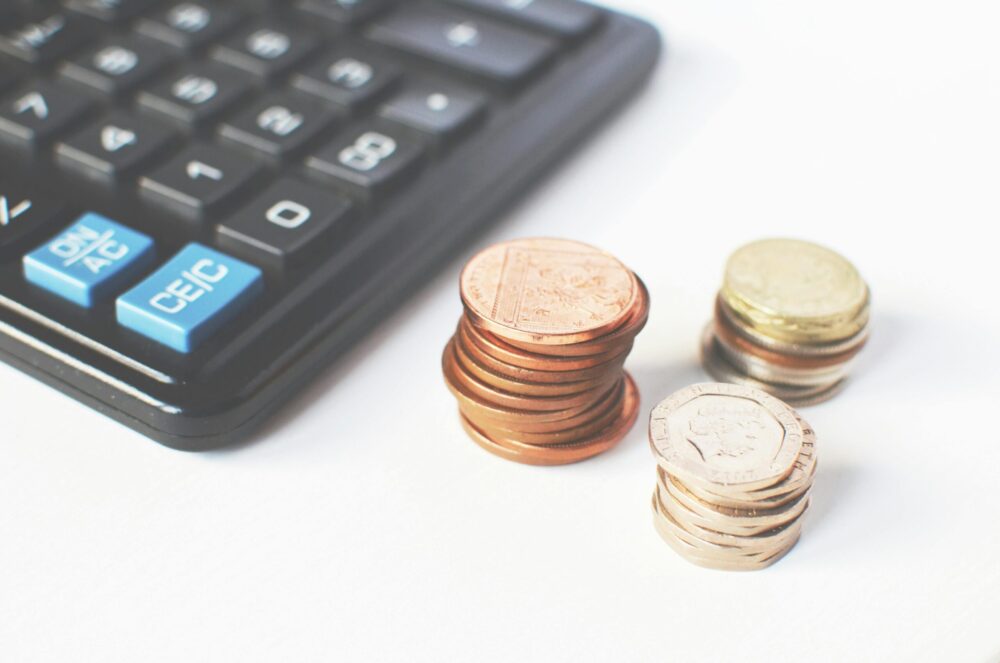Australia, unlike South Korea, does not have an active food delivery culture. However, most recently, as food delivery businesses start to thrive, it is common to see people on bicycles or cars carrying delivery food. The most well-known food delivery companies are Deliveroo, Foodora and Uber Eats. These companies enter into contracts with various restaurants and once consumers place an order through the company’s subsequent channels such as their website or mobile app, the delivery person picks up the food from the restaurant and delivers it to the relevant location. During this process, the delivery companies receive a commission from each restaurant and the delivery person takes that extra charge paid for the food.
As the global delivery market grows and competition increases, delivery companies are now trying to secure as many restaurants as possible. However, companies begin to overdo themselves.
In the Chicago Tribune in America, Chicago-based restaurant Burger Antics, has filed a lawsuit against the delivery company DoorDash. The issue was that DoorDash uploaded Burger Antics’ menu and name on their website without obtaining prior consent and advertised as though their food could be delivered to customers. According to Burger Antics, they never provided food delivery services and were informed one day by a customer that they had been delivered food that was cold.
DoorDash, a company based in the United States, partners with more than 600 restaurants and delivers foods using delivery personnel called dashers. The issue is not just a simple mistake identified in the above mentioned case of Burger Antics but the fact that they have a fixed business mindset of “whatever”. Once they posted menus of several restaurants on their website, because of issues that arose in the above context, they have slowly started to take them down. In November 2014, In-N-Out, a well-known burger chain based in California, filed a lawsuit against DoorDash to immediately stop the unauthorised use of their logo and menu. The case was settled by agreement between both parties. However, we suspect that DoorDash paid a considerable amount of compensation.
What would happen if such a situation occurred in Australia? First of all, there would be an infringement of trade mark rights, copyright laws and a violation of consumer law. Readers of this article who own and run a restaurant-style business should check to see if their restaurant name and menu have been used without their permission.
If you have any questions or require any assistance in seeking extensions, please contact us.
Disclaimer: The contents of this publication are general in nature and do not constitute legal advice. The information may have been obtained from external sources and we do not guarantee the accuracy or currency of the information at the date of publication or in the future. Please obtain legal advice specific to your circumstances before taking any action on matters discussed in this publication.


